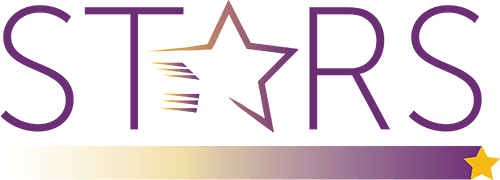The Effect of Sleep Hygiene Given to Epilepsy Patients on Seizure Frequency and Sleep Quality
Brief Summary: Epilepsy is a disease that can be seen in everyone, including neurological, chronic, elderly and children. An estimated 50 million people in the world have epilepsy, patients have a history of two or more seizures, the exact cause is unknown, it negatively affects home, work and school life, and it directs individuals from their independent roles to semi-dependent and fully dependent roles (Smith \& Wagner \& Jonathan, 2015). "Neuronal networks hypersynchronization" develops epileptic seizures, can cause insomnia, and sleep quality may decrease with drug treatment (Sünter and Ağan, 2019). NREM sleep causes seizures through the "ictal and interactive effect" of sleep (Alp and Altındağ, 2014). Insomnia increases seizure discharges, neurological and systemic complications may develop, and serious morbidity and mortality may occur (Özer, 2005). Epilepsy patients frequently experience daytime sleepiness and nighttime insomnia (Gümüşyayla and Vural, 2017). Complementary medical approaches are also recommended along with drug treatment. Sleep hygiene training is recommended for sleep health in epilepsy as in chronic diseases. With good sleep health, symptoms can be eliminated and sequelae can be prevented by reducing epileptic discharges (Gammino at all., 2016). Quality sleep is essential for physiological and psychological health, and sleep disorders can be corrected with sleep hygiene training (Günaş, 2018). Randomized studies including sleep hygiene training are needed to prevent seizure recurrences, prevent or treat comorbid psychological diseases, and improve life activities of epilepsy patients (Lee at all., 2015). One-third of people's lives are spent in sleep, regular and adequate sleep protects physiological and psychological health, sleep hygiene training contributes to the recovery of sleep disorders and accompanying psychological comorbid diseases, sleep hygiene training is cost-free and easy to implement, where daily activities and behaviors are regulated, appropriate environmental conditions are provided. By regulating the circadian rhythm, melatonin is released during sleep at night and sleep disorders are prevented by preventing excessive cortisol release (http://www.psikiyatri.net/uyku-hijyeni / Access date: 28 May 2022; Alp and Altındağ, 2014; Güneş, 2018). . No research has been found on sleep hygiene training to relieve sleep deprivation, which is common in epilepsy patients. With good sleep hygiene, sleep and quality of life can be improved and epileptic seizures can be prevented or reduced.
Purpose of the research; To determine the effect of sleep hygiene training given to epilepsy patients on seizure frequency and sleep quality. Non-drug clinical research is an experimentally planned research with a pre-test post-test control group trial model.




